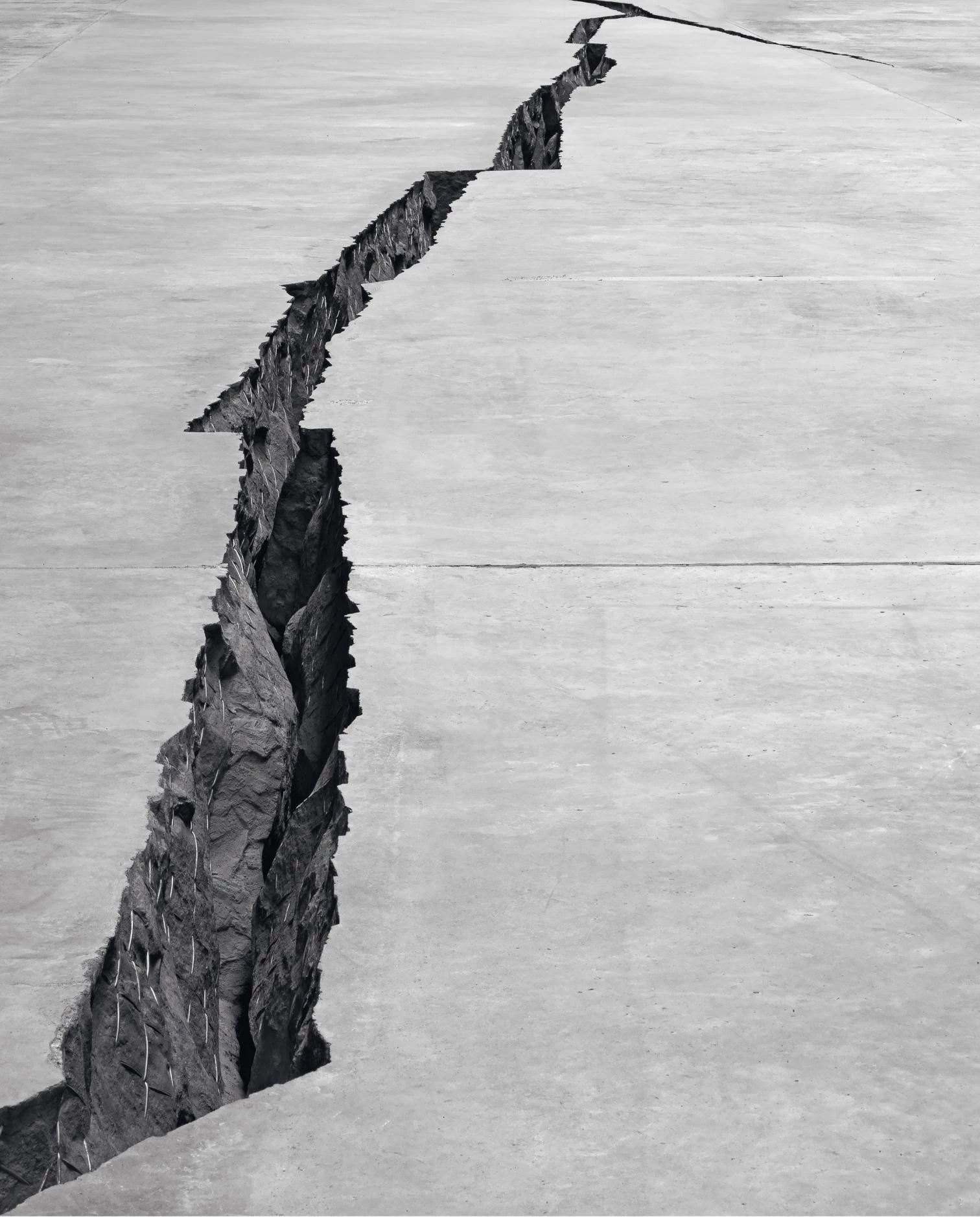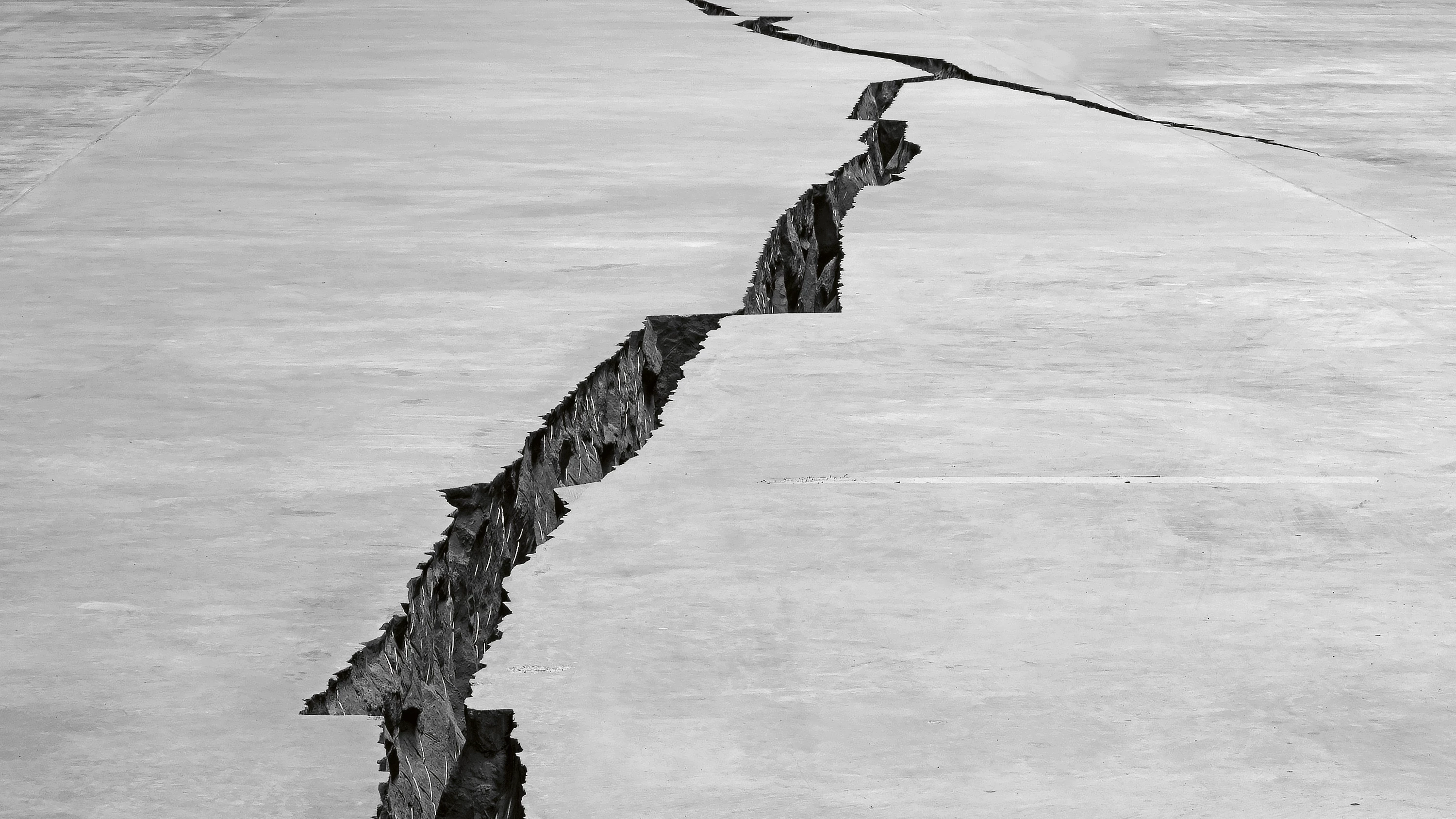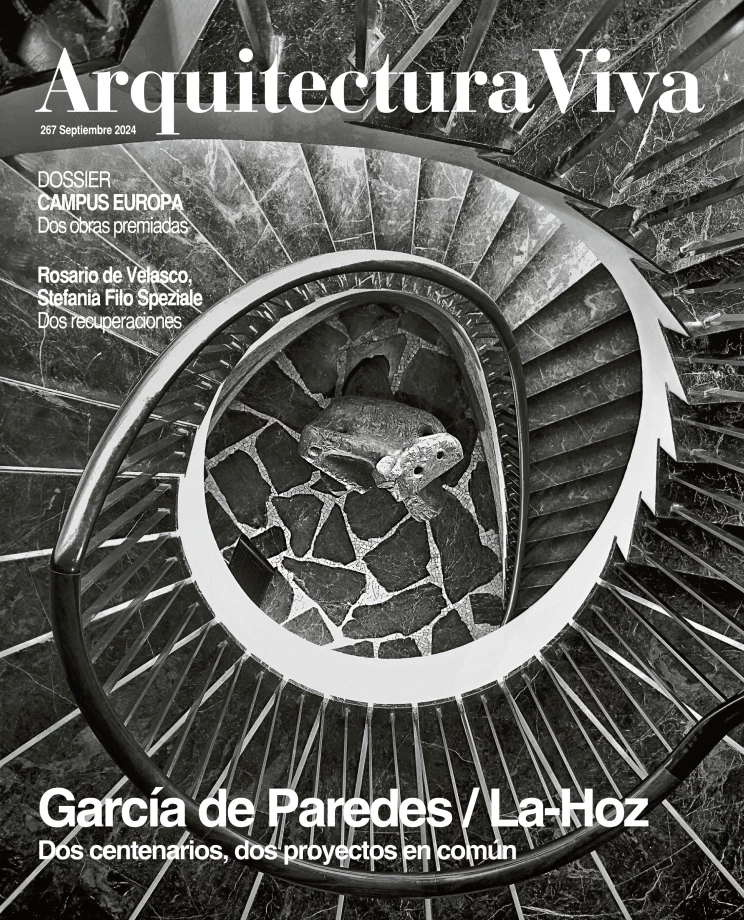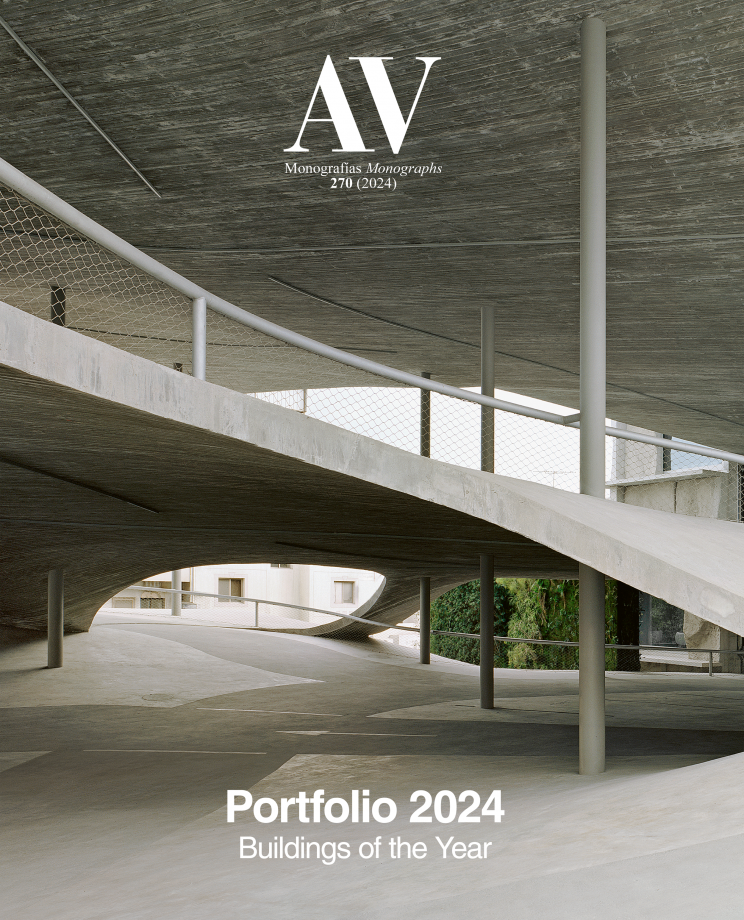
Doris Salcedo, Shibboleth, 2007-2008, Turbine Hall, Tate Modern
Ernest Hemingway published The Sun Also Rises in 1926, a novel that would become paradigmatic of the Lost Generation. In it, a group of characters travel from Paris to Madrid with an obligatory stopover at the Sanfermines in Pamplona, described in detail and the origin of the fascination for the Navarrese fiesta in the Anglo-Saxon world. The book contains a mythical quote, often repeated because it describes well many political, economic, and social processes: ‘How did you go bankrupt?’ Bill asked. ‘Two ways,’ Mike said. ‘Gradually and then suddenly.’ It is legitimate to wonder whether this kind of collapse, at first imperceptible and then uncontainable, which we have often experienced in financial crises or popular uprisings, is not also menacing today the institutional architecture that supports coexistence: in Spain with the cracking of the legal edifice, and in the world with the decline of international bodies, from the United Nations to those that arbitrate trade or to the supranational courts of justice.
It may seem alarmist to draw attention to the cracks that are beginning to appear in the Spanish constitutional structure, subjected to a stress test that calls into question both the balance between the different branches of government and the qualified majorities designed to give stability and inertia to the institutional organization, but the gradual deterioration can indeed suddenly become catastrophic, even if we can still experience the stubborn resilience of the social and economic fabric. The major imbalances in the financing of the health or pensions systems, together with the demographic slump and geopolitical contraction, paint a picture that is hardly placid, which, in the absence of far-reaching and ambitious reforms, can only darken with storm clouds. Spain, which is still one of the countries with the highest quality of daily life, rests on a mesh of compromises that should not be taken for granted, and where freedom, prosperity, and peace are not standard features, but rather provisional and always fragile achievements.
The vulnerability seen in the domestic sphere is aggravated by opening the focus firstly to the European space – a place of privilege subject to a gradual process of erosion – and then to the whole planet, where both economic globalization and the referral of conflicts to mediating bodies are receding rapidly. And while it is easy to attribute to the very recent pandemic the purpose of ensuring self-sufficiency in essential goods, reducing dependence on often uncertain and remote suppliers, a decisive factor in the contemporary fragmentation of the globe is the conviction that the current system serves the interests of the West, which are perceived as clearly divergent from those of the Global South. Thus, the structures that give stability to the system, from the World Trade Organization to the International Criminal Court, are progressively weakened and discredited, and the fortunate era that opened with the fall of the Berlin Wall is closing its historical cycle: gradually, and then perhaps suddenly.

Rift in the Antarctic shelf © National Geographic







